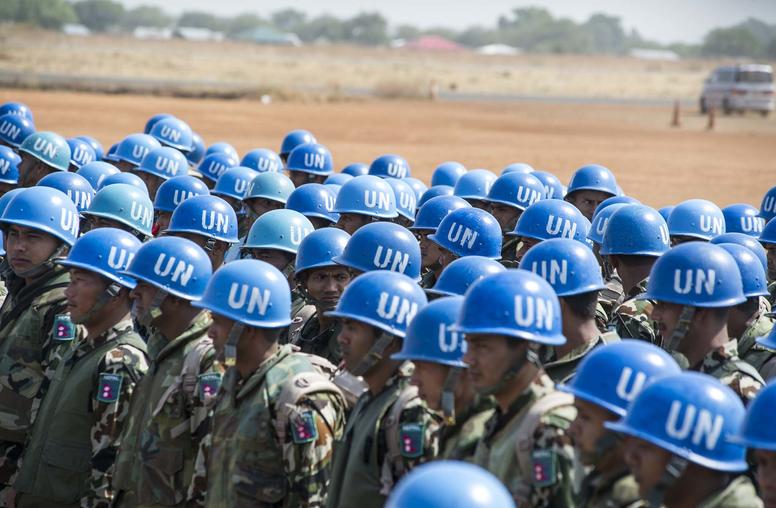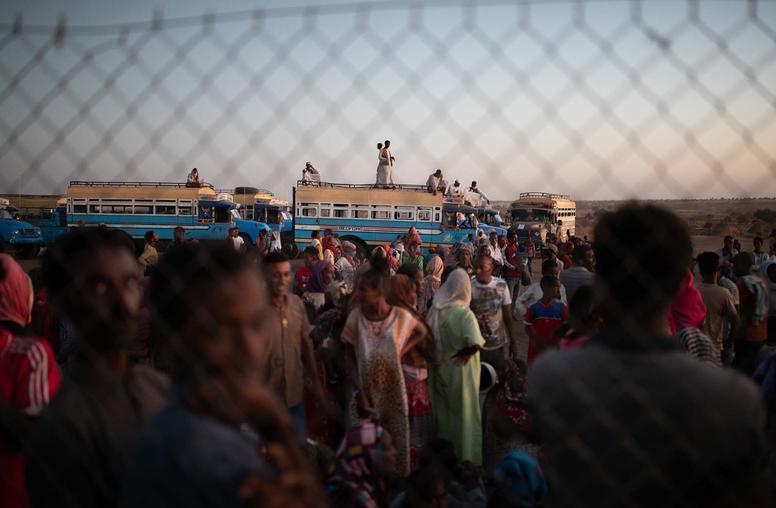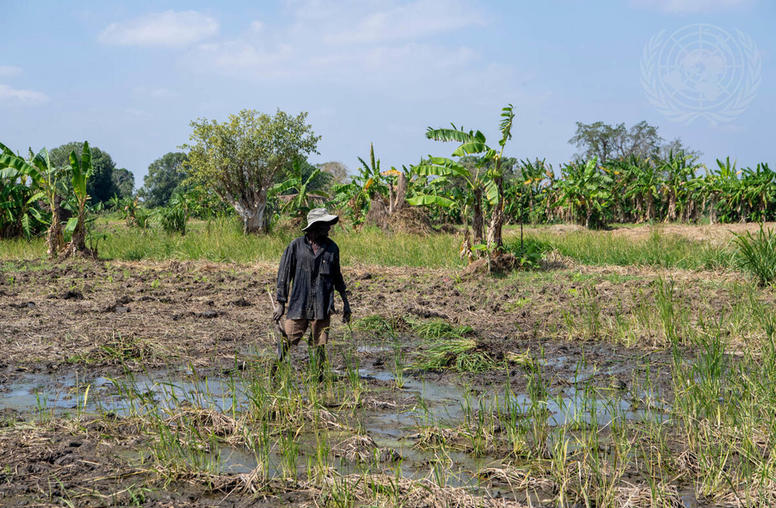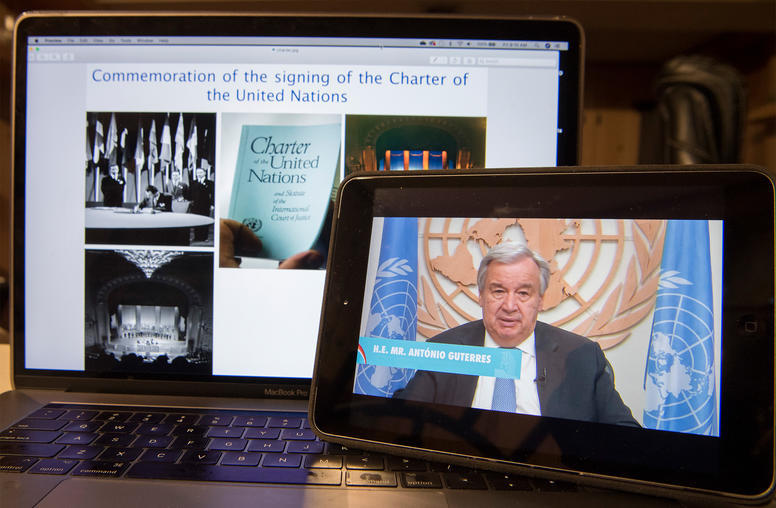Publications
Articles, publications, books, tools and multimedia features from the U.S. Institute of Peace provide the latest news, analysis, research findings, practitioner guides and reports, all related to the conflict zones and issues that are at the center of the Institute’s work to prevent and reduce violent conflict.
Question And Answer
Amid a Changing Global Order, NATO Looks East

How the Biden Administration Can Revive U.N. Peacekeeping
When American politicians want to temper voter’s concerns over U.S. military commitments overseas, many employ perhaps the most worn-out foreign policy cliché: “The United States cannot police the world.” After all, the United States has neither the capacity nor a compelling national interest in putting boots on the ground to resolve every global crisis. But, this begs the question: Who will step forward when boots on the ground are needed?

Five Ways to Set Up a Special Envoy for Success in the Horn of Africa
When in doubt, dispatch an envoy. That’s become an old diplomatic standby, and it is currently under consideration for the Horn of Africa, where a civil war rages in Ethiopia and has ensnared neighboring Eritrea, Somalia, and Sudan. The conflict, which broke out in November 2020, has left millions in dire need of lifesaving humanitarian assistance. The U.N. special adviser on the prevention of genocide recently warned that “the risk of atrocity crimes in Ethiopia remains high and likely to get worse.” If the crisis continues to fester, it will have grave consequences for U.S. interests in a region situated on the crossroads between Africa, Europe, and the Middle East.

Mozambique’s Crisis Requires a New Playbook to Fight Extremism
Over the past three years, a local Islamist insurgency in the northern Mozambican province of Cabo Delgado has grown in strength and viciousness, developing ties with international terrorist groups and threatening one of the world’s largest natural gas projects. The insurgency is turning Cabo Delgado into a killing field.

Six Things to Watch at the U.N. General Assembly
This year’s United Nations General Assembly (UNGA) meeting, happening against the backdrop of the 75th anniversary of the U.N.’s founding, was supposed to be a major milestone—a moment for world leaders to reflect on the organization’s pursuit of peaceful international cooperation since the devastation of World War II, and to consider how the multilateral system should evolve to tackle the 21st century’s biggest challenges. Instead, the COVID-19 pandemic has upended the traditional in-person gathering at the U.N.’s headquarters in New York City. This UNGA will be a much more muted affair, with participants using the same videoconferencing technology to which we have all become accustomed in 2020. But the challenges facing the international system are as pressing and complicated as ever. As UNGA goes virtual, here are six issues to watch.
Money Spent on Peacebuilding is an “Investment”
Money spent on peace is an “investment” that will eventually “mature,” said Congressman John Garamendi (D-CA) at the U.S. Institute of Peace on Oct. 27, bringing both short- and long-term gains to the United States and countries around the world. Garamendi, who served as a Peace Corps Volunteer in Ethiopia from 1966 to 1968, offered his remarks at a USIP event marking the 50th anniversary of the Peace Corps’ founding.